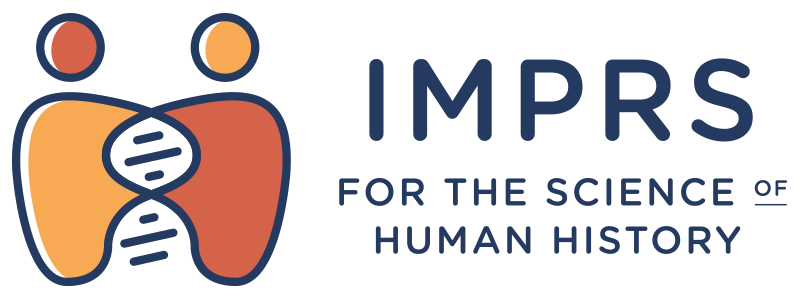Alumni
alumnus / alumna, plural: alumni / alumnae < Latin alumnus ‘child, nourished child’, actually verbal adjective ‘(someone) who is being/became nourished’ from Latin alere ‘nourish’
In the field of academia since the founding of the first university in Bologna in 1135, there has been the idea of a family or extended family: the university is the alma mater – the Latin words mean ‘nourishing mother’. In the German-speaking world, there is the junior scientist who has a “doctoral father” (since about 1870) or a “doctoral mother” (since about 1970). In the English-speaking world we find the bachelor (a loan word from Celtic), probably originally a ‘young farmer’, and as the next grade magister/master, which means originally ‘the larger (of two)’, and even in Latin had the additional meaning of ‘head, teacher’. The two titles are thus framed in opposition to each other and could refer to the conditions on an early medieval estate. When the offspring is ready, he or she is nourished – alumnus/a. Just as the family stays in touch and meets from time to time, so it should also be with a program’s graduates.
Therefore, the IMPRS for the Science of Human History will build up a network of its alumni. On the one hand, the success of the IMPRS-SHH is to be seen in the careers of its alumni in academia and industry. On the other hand, alumni may pursue different careers after their promotion. That is why learning about their experiences is especially important for the PhD students.


